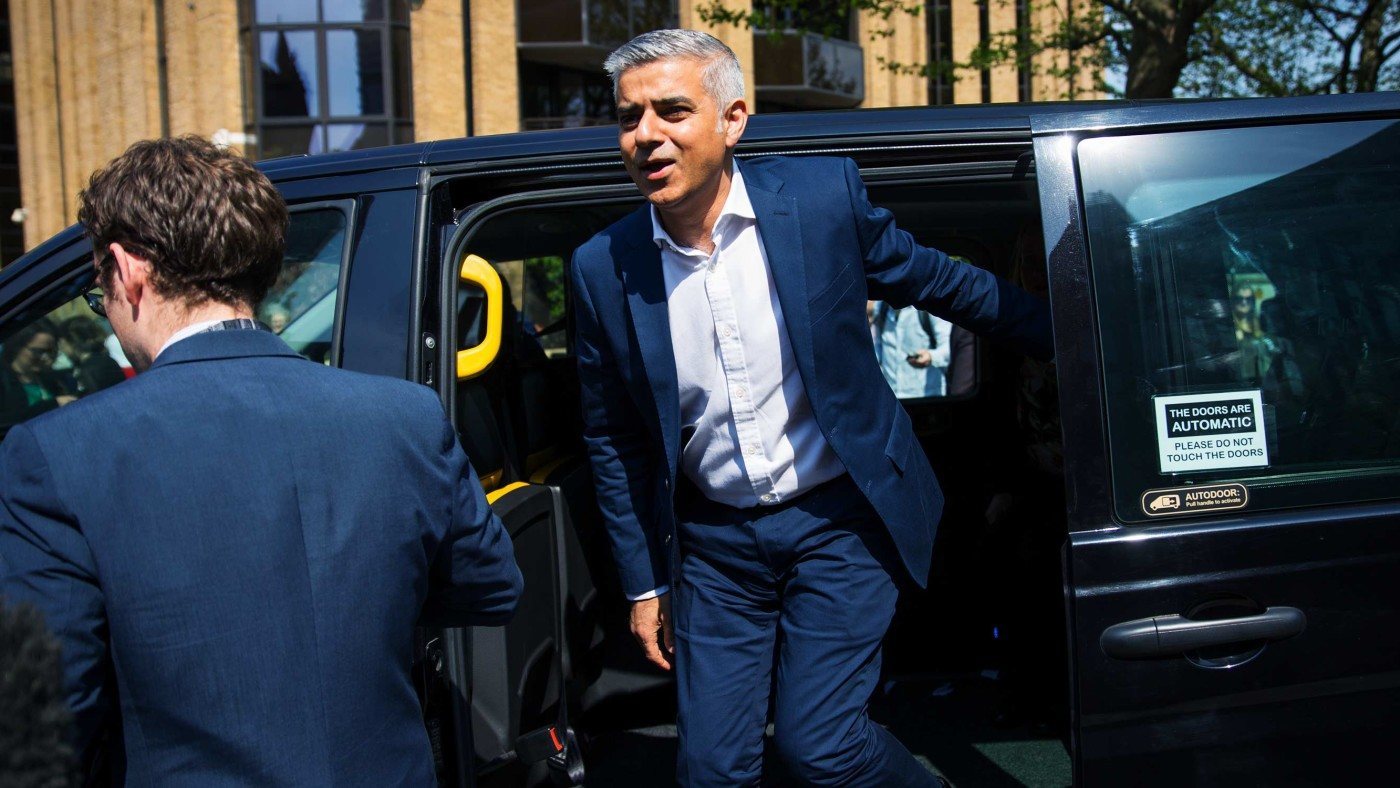Sadiq Khan is the new mayor of London, and has promised to be the most “pro-business Mayor yet”. This is an encouraging statement, yet his previous rhetoric on the sharing economy suggests that he is unlikely to be so accommodating to one of the fastest growing and most popular sectors of the economy.
Over the past few years Uber and other ride sharing services have made taxis affordable again for Londoners. AirbnB has made the city more affordable and more attractive for tourists and hundreds of other tech start-ups have made their home in London because of its warm and embracing approach to the sharing economy, enriching the lives of Londoners who have been able to earn a few extra quid and have more flexible working patterns in the process. Across the country the sharing economy is booming, and is, according to the Centre of Economic and Business Research (Cebr), the most thriving business sector in the UK.
The government has recognised this and legitimised the sharing economy by offering a £2000 individual tax free allowance for money earnt selling goods and services online. However the new Mayor is somewhat at odds with this vision, saying on LBC in March that:
“There are almost 100,000 private hire vehicles in London. Over the last three years there has been, roughly speaking, a 10,000 increase in the number of private hire vehicles. The black taxis are now as low as 23,000, for the first time in a generation, there are fewer people doing the knowledge. And I’m afraid the mistake was made a couple of years ago when TFL allowed the Uber taxis to come on stream.”
He also said that:
“These private hire vehicles are charging far, far less than black taxis can… I will be the mayor who begins the renaissance of the black taxi. I don’t want them to go the same way as the red telephone box.”
Before this, in June last year he told The Guardian that if one driver was found to have improper paperwork, then he would want to suspend the entire service.
As much as we all love the red telephone boxes, is it really viable in 2016 to ban people from using mobile phones because they might challenge red telephone boxes? Technology will supplant old technologies and old ways of doing things unless the old methods move with the times. Black cabs offer a unique, historical and a quality product. Ride sharing apps can’t compete with that history, but they can compete on price and offer the consumer a cheaper alternative. This provides a vibrant market, with offerings at a cheaper and a higher price, which increases the overall market. Indeed in many cities around the world, the advent of Uber has not hit the number of rides taken in traditional taxis, on the contrary, it has increased the overall market and made many cities more affordable.
Arguably for the first time in its history, private ride services in London have suddenly become affordable for most Londoners, and more accessible than ever with Uber’s platform now hosting 25,000 drivers in the London market. Khan’s consideration of a cap implies that the increase in private hire vehicles and lower cost transport is a bad thing for London. Boris Johnson has thwarted numerous attempts by TfL to restrict their competitors in the sharing economy and now he is no longer mayor there are genuine concerns about how sharing services are going to be punished.
A good example of Johnson’s effectiveness was his intervention against TfL’s scrapped proposed new regulations on the private hire vehicle sector which included a compulsory five-minute waiting time and a ban on showing vehicle locations in apps, an innovation which has proved very popular with users.
All of this would run counter to the UK government strategy on the sharing economy, which is seeking to foster the development of a sharing economy in which all consumers can participate. In March’s budget the Chancellor set out what was in effect the world’s first ever tax break for sharing economy services, allowing people who sell goods or services online to earn up to £2,000. Given London’s pivotal role in the sharing economy it is vital that the new Mayor understands that the way people earn income is changing and for an increasing number of people the sharing economy is an attractive and flexible work choice. Digital companies are investing in the UK in record numbers, with AirBnB having 52,000 hosts on its UK market alone, largely thanks to the welcome given by the Government over the past few years. This growth risks being undermined if we don’t have support for the sharing economy at all levels of government, national and local, in the UK.
What is so often missing from the debates around the sharing economy is the voice of consumers on how they feel about regulations introduced on the sharing economy platforms they are increasingly depending on and choosing as their preferred option. There are now over one million unique users of Uber in London alone, almost the same number of people who voted for Sadiq Khan to become London’s Mayor. Attempts to restrict the service in places from near and far as Brussels to South Korea have ultimately been unsuccessful with the tide of consumer demand being too strong. I very much hope Sadiq Khan learns the lesson from these failed attempts to clamp down on sharing services, which is that the main beneficiaries of these new and innovative services are ordinary people, who he was elected to represent.


